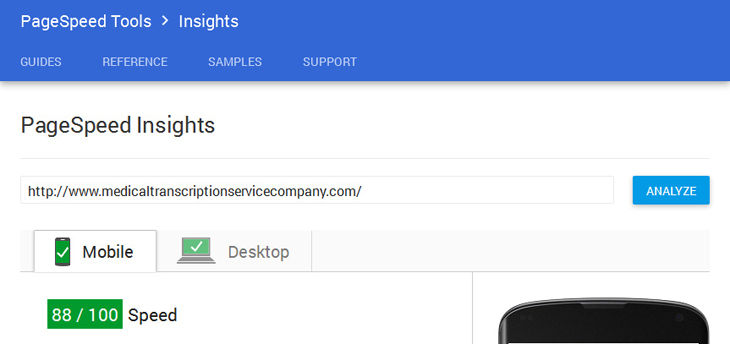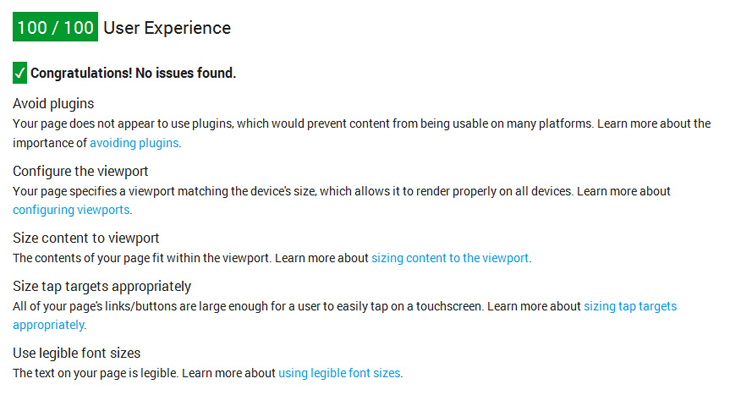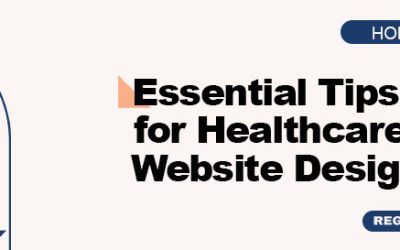In the present world of smartphones, when your website needs to be optimized for mobile device users, mobile SEO services have a very significant role to play. Did you know that Google processes more searches from mobile devices than those from desktops? Studies report that 72% of patients check online for making appointments or collecting healthcare information. This is a strong indicator that your healthcare website must be optimized for mobile searchers as well as those using desktop computers.
Here are some useful tips to consider in this regard.
Web Page Speed
Mobile users comparatively have shorter attention span. Therefore, make sure that your practice’s webpage doesn’t take much time to load. Studies say that more than 40% of users leave if a page takes more than 3 seconds to open. Google expects you to do the task within a second or less. What if a potential patient or customer searches urgently for your healthcare practice / medical business information and then simply leaves your website and checks into some other site, just because your web page was slow to load? Remember, each millisecond counts!
What you can do is reduce image size, avoid flash or plug-ins, avoid browser redirects, avoid blocking JavaScript or CSS in above-the-fold content, and optimize your web pages for mobile. Blocking JavaScript and CSS would prevent your website from being indexed in Google.
User-friendliness
Make your web page more user-friendly. The content should be readable without zooming, the website should be easily navigable and quickly provide the desired information to users. Configure the viewport differently for mobile users for the webpage content to be read properly from the mobile screens. Besides, Click Me buttons or Tap Target buttons should be designed to conveniently click from these small screens.
Responsive Design
This is what Google prefers. Compared to dynamic or parallel URL configuration, responsive web designs are less risky, much simpler and easy to implement. Above all, it has no SEO risks.
SEO Optimization for Mobile Search
Your patients/customers using their mobile devices to look for your services online are more likely to find your site, if mobile site optimization is done.
Always remember that local search and mobile search are closely connected. Studies say 50% of local searches are done on mobile devices. This means mobile searchers mostly look for location and price information, which generally end up in visits. Make sure your location, your medical business information, and other related details are included in your homepage itself. Having an embedded Google map is an added advantage which would help your patients spot your healthcare center easily, and index your website in the search engine. Also, ensure that Google understands your mobile configuration. Otherwise, it will not rank high in the results. Using Schema markup and NAP information is another beneficial mobile SEO practice you can perform, which would help your healthcare website appear in the top listings of leading search engines, especially Google.
Keyword Research for Mobile Search
Make a thorough keyword research regarding what the users mostly Google for, and develop your SEO strategies accordingly. Using Google Console to analyze your position on a keyword would be helpful. Besides, Google analytics would give you clear reports on your mobile traffic, average rankings of your web page, and the clicks and click-through ratings (CTR).
Sometimes, a term such as ‘surgeon’ may not have a good ranking and instead, a long-tail keyword might be having more searches. So target on such keywords that could bring you quick wins. You can try Google AdWords to get relevant keywords related to your medical business. It also gives you detailed reports on average search volumes of the targeted keywords.
Avoid Pop-ups / Interstitials
Pop-ups with newsletter requests, email requests, and so on can be irritating for visitors. Therefore, try to avoid such things to prevent your prospects from leaving your website.
Final thing to consider is, if you have any mobile redirect, ensure that it is easily navigable, without affecting the page speed.
Now try utilizing these simple yet useful mobile SEO tips for your healthcare website, and display your website optimally for mobile users as well as desktop users. You can definitely see the difference in your online traffic. Connect with providers of mobile SEO services who know how to work out things better for those in the healthcare industry.









